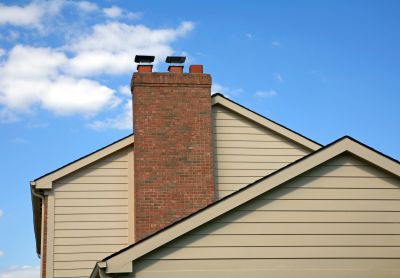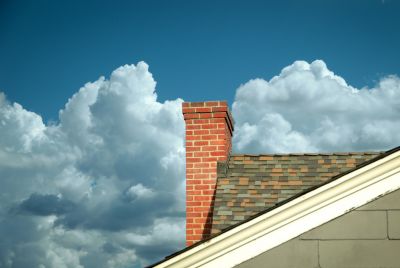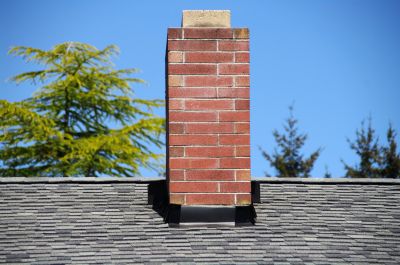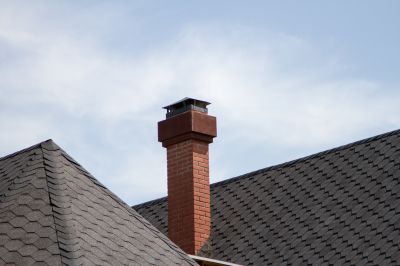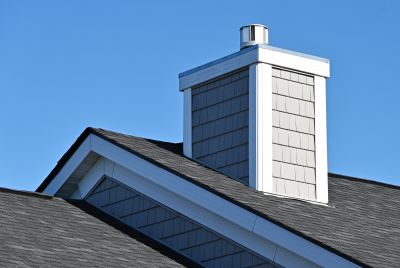
Professional Chimney Inspecting
If you are in need of Chimney Inspecting you're in the right place! We can connect you to local professionals to help you with your specific needs.
Chimney inspecting services help identify and remove creosote buildup and blockages that can lead to chimney fires, ensuring a safer home environment. Regular inspections and cleaning of your chimney improve the efficiency of your fireplace or stove, resulting in better heating performance and reduced energy consumption. Timely inspections and maintenance can extend the lifespan of your chimney, saving you the cost of premature replacement. Identifying and addressing chimney issues early through inspections can prevent more extensive and expensive repairs in the future. A well-maintained chimney ensures proper ventilation, reducing the risk of carbon monoxide buildup in your home. Regular chimney inspections provide homeowners with peace of mind, knowing that their chimney is safe, efficient, and ready for use. It's recommended to have your chimney inspected annually, especially before the start of the heating season. Yes, even gas fireplaces require inspections to ensure proper venting and detect any issues that could affect safety. During an inspection, a professional will assess the condition of your chimney, check for blockages, creosote buildup, and any needed repairs. The duration of an inspection depends on factors like chimney complexity and cleanliness. A standard inspection may take an hour or two. If repairs are recommended, it's essential to address them promptly to maintain the safety and efficiency of your chimney.Benefits of Chimney Inspecting Service
Enhanced Fire Safety
Improved Efficiency
Prolonged Chimney Lifespan
Prevention of Costly Repairs
Reduced Carbon Monoxide Risk
Peace of Mind
Questions and Answers about Chimney Inspecting
1. How often should I have my chimney inspected?
2. Are chimney inspections necessary for gas fireplaces?
3. What can I expect during a chimney inspection?
4. How long does a chimney inspection typically take?
5. What should I do if my chimney inspector recommends repairs?
